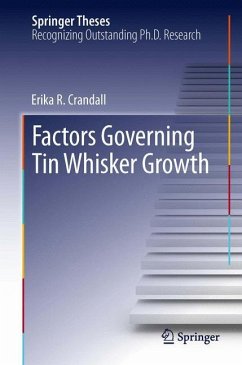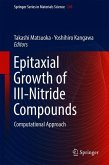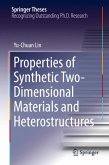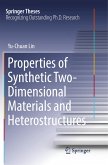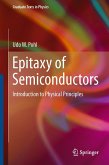Tin (Sn) whiskers are electrically conductive, single crystal eruptions that grow from Sn film surfaces. Their high aspect ratio presents reliability problems for the electronics industry due to bridging and metal arcing, leading to malfunctions and catastrophic failures in many electronic systems (including satellite and defense sectors). Due to legislation in the EU, Japan, and the U.S., mandating a gradual shift from lead (Pb)-based to lead-free solders and board finishes, there has been a reemergence of Sn whiskers. Continuing reports of Sn whisker induced failures coupled with the lack of an industry-accepted understanding of whisker growth and/or test methods to identify whisker prone products has made pure/high Sn substitutes a risky proposition in high reliability systems.
This thesis is designed to clarify and control the fundamental mechanisms that govern whisker formation. The research focuses on reproducible "laboratory" created whiskers under a variety ofrigorously controlled environmental factors such as film thickness, film stress, substrate material, gas environment, and humidity exposure, which are known to play a significant role in whisker production. The ultimate question of how to impede and/or prevent whisker growth is also addressed and shows that whisker prevention is possible via hard metal capping films, which are impenetrable by whiskers.
This thesis is designed to clarify and control the fundamental mechanisms that govern whisker formation. The research focuses on reproducible "laboratory" created whiskers under a variety ofrigorously controlled environmental factors such as film thickness, film stress, substrate material, gas environment, and humidity exposure, which are known to play a significant role in whisker production. The ultimate question of how to impede and/or prevent whisker growth is also addressed and shows that whisker prevention is possible via hard metal capping films, which are impenetrable by whiskers.

